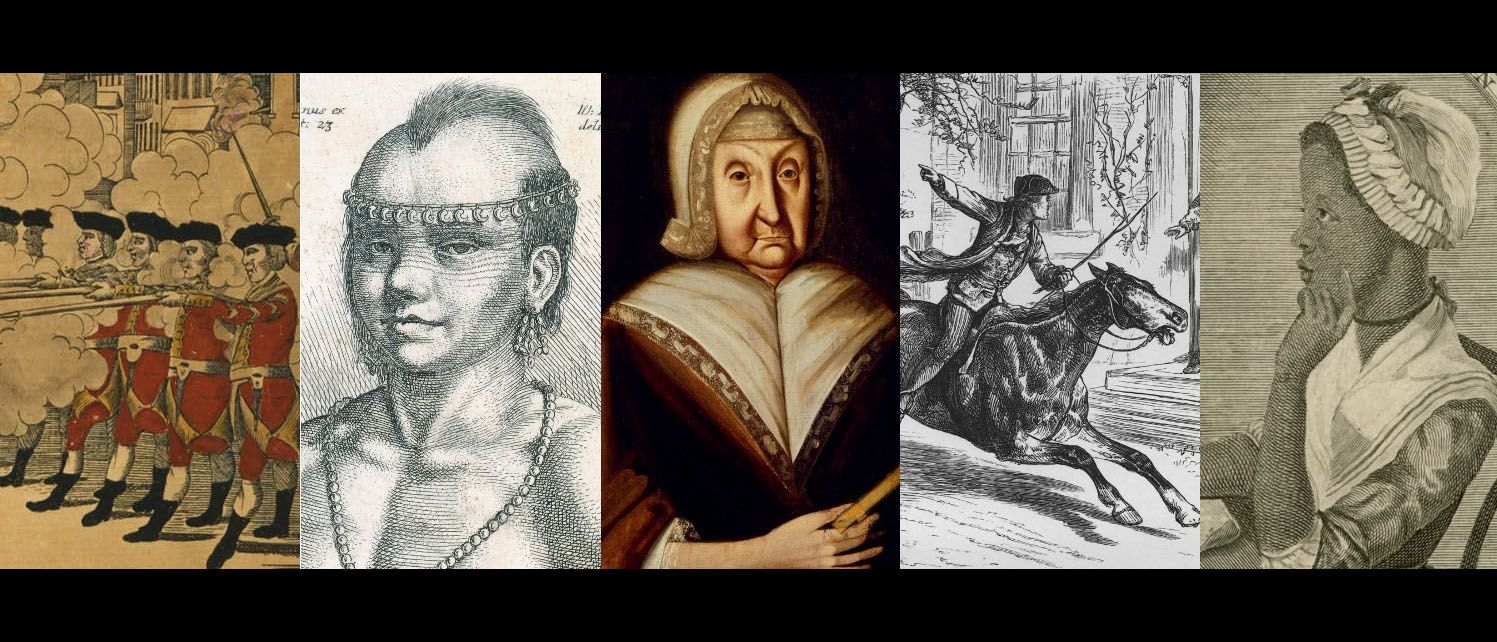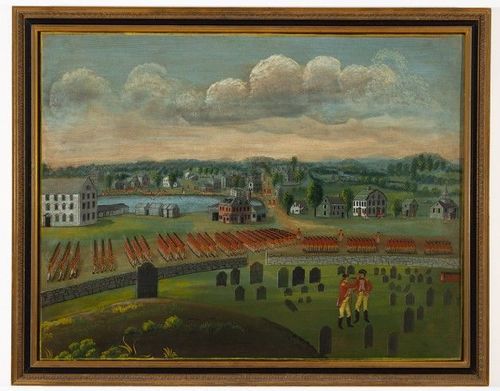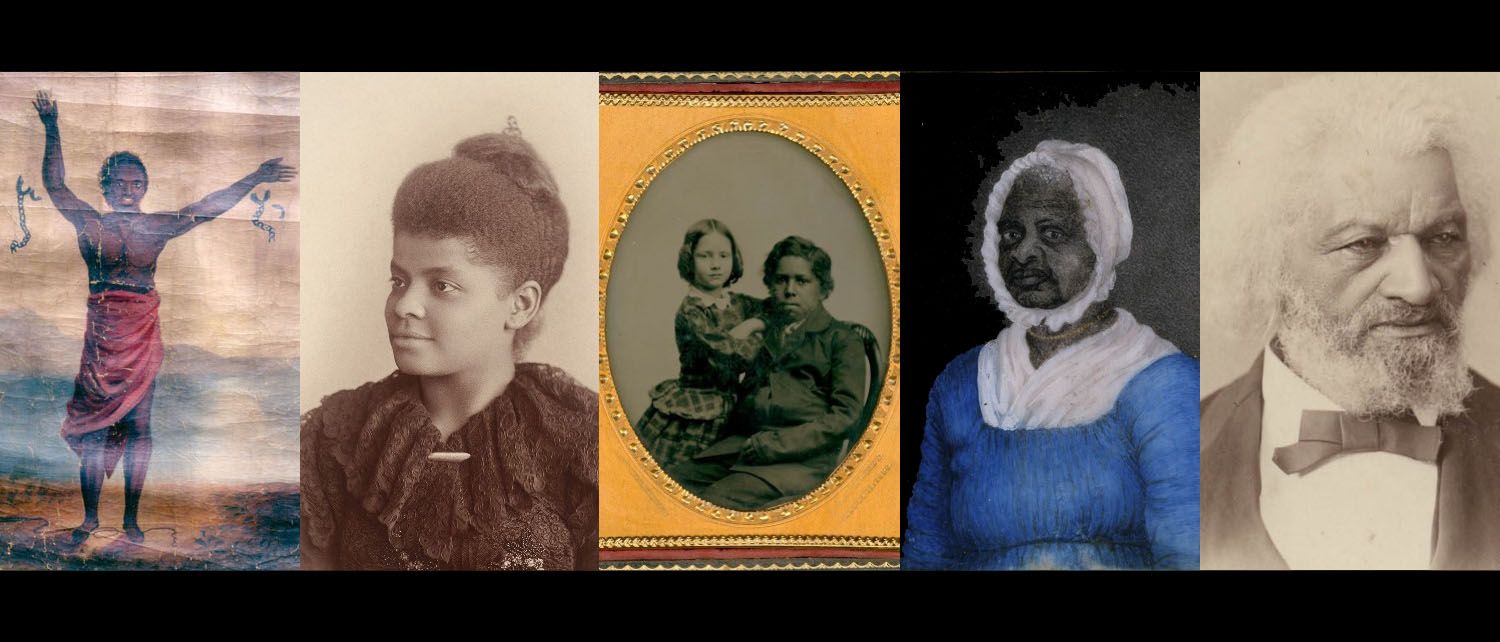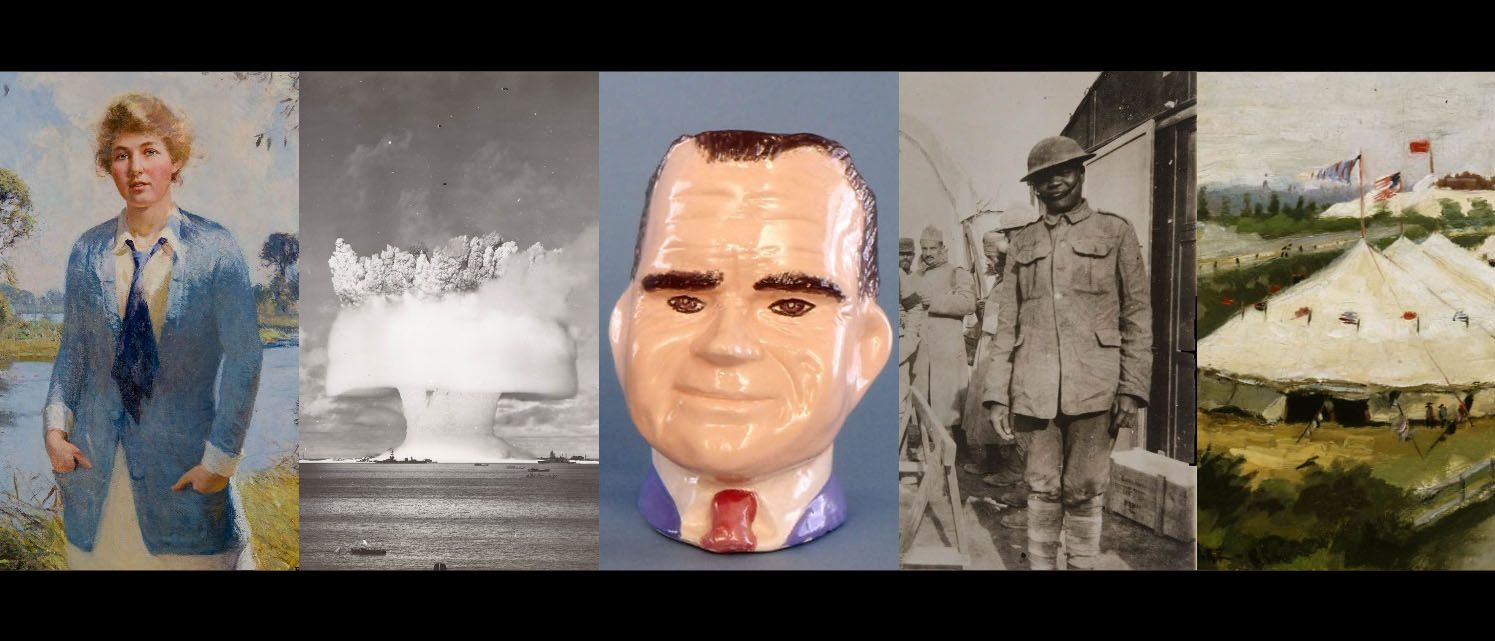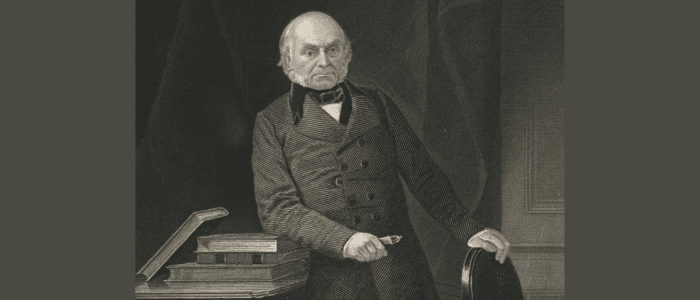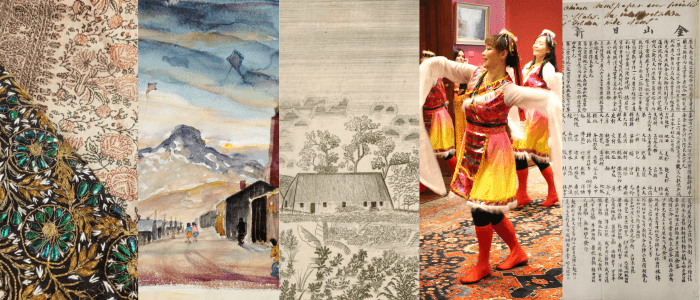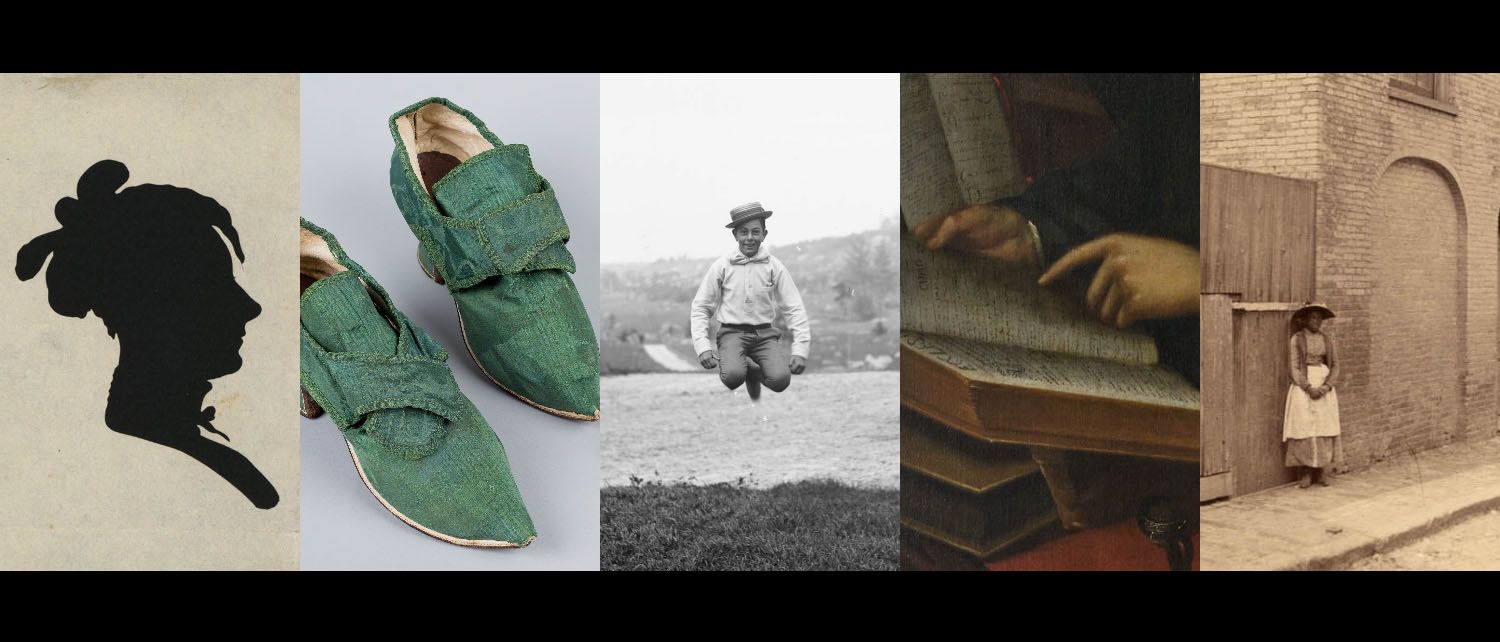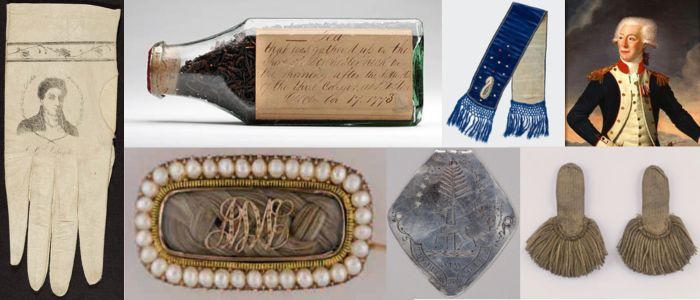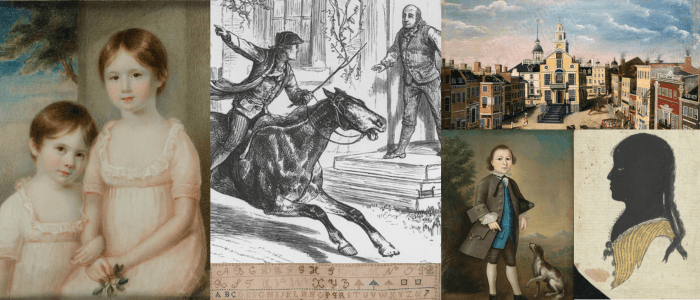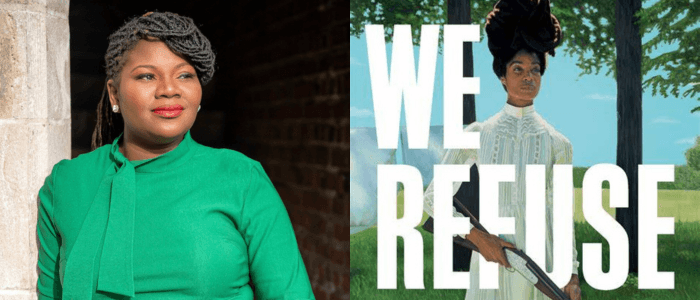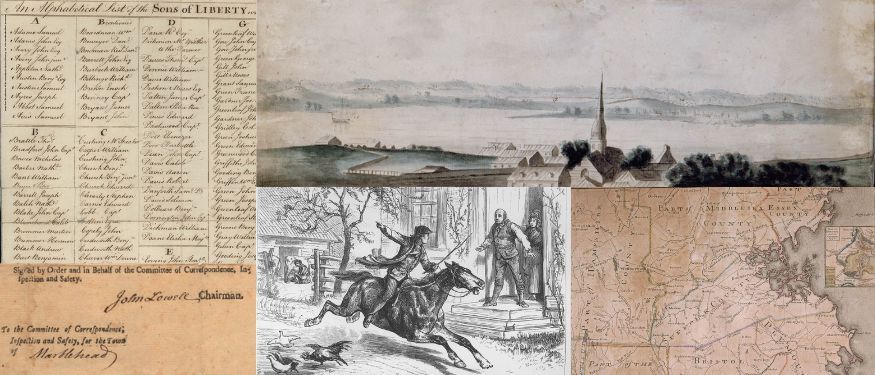Event

The Great Molasses Flood Revisited: Misremembered Molasses
Stephen Puleo; Allison Lange, Wentworth Institute of Technology; Gavin Kleespies, MHS; and moderator Rev. Stephen T. Ayres
Please note: This program will be held at Old South Meeting House.
The Great Molasses Flood of 1919, when remembered, is often interpreted in a dismissive, comical manner. How does this case compare with other incidences of historical events that are interpreted or "curated" at the expense of accuracy and respect for human experience? How can we bring complexity back to events that have long been relegated to the realm of local folklore? Local scholars will discuss the question of misunderstood history by looking at the Great Molasses Flood, the fight for women's suffrage and Leif Erickson.
This program is a collaboration between the MHS and Old South Meeting House. It will be held at Old South Meeting House at 310 Washington Street, Boston, MA 02108.
This program is made possible with funding from the Lowell Institute.
Image: Boston Mass. Boston molasses explosion, American National Red Cross photograph collection (Library of Congress), 14968u
There will be a pre-talk reception at 5:30.
